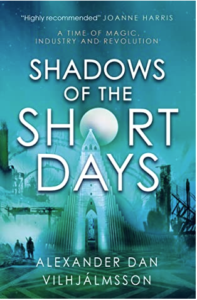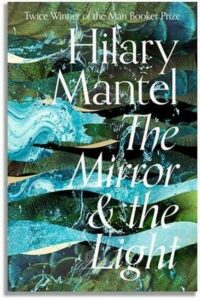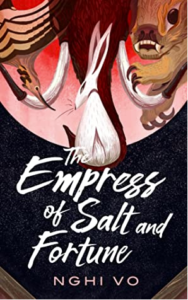In his preface to this, fourth, edition of Georgia: In the Mountains of Poetry, Peter Nasmyth writes that he has seen the book migrate from the Travel section of bookstores over into History. Likewise Nasmyth has transformed from a footloose twentysomething seeker, happening to stop in Moscow on his way from India back to England, into a star in the firmament of Georgia’s resident international community, curator of exhibitions for the British Council and Foreign Office, one of the founders of the National Trust of Georgia. (I don’t know that I have met him, but I don’t know that I haven’t either. His bookstore, Prospero’s, was a wonderful oasis during the three and a half years I lived in Tbilisi. The extended diplomatic community there is not very large, and I may well have bumped into him in one place or another. My friend Elizabeth from fencing club is there in the acknowledgments, as are others I know more fleetingly.) And while the big division in the book is historical — before and after independence from the Soviet Union — most of the chapters within the two parts focus on particular regions. This is less true of the second half, where not quite half of the chapters have been added through subsequent editions of the book. Those are naturally more chronologically oriented.
Georgia: In the Mountains of Poetry remains one of the two best introductions to an amazing country, read by nearly every international person who engages with Georgia and a great many more casual visitors. My interest is plain: Georgia was home for several years, crucial ones for both the country and my family, and remains vivid and beloved in memory. While my judgements are not congruent with Nasmyth’s, I have great respect for his experience and his important positive contribution. Seriously — running a bookstore is never easy, running an English-language bookstore in a non-Anglophone country raises the difficulty considerably (for instance, as I understand it the publishers’ credits and returns policies that absorb a great deal of bookselling risk are not available in non-Anglophone countries), running an English-language bookstore in a non-English-speaking country where utilities were intermittent for many years and doing it for more than 20 years through both a revolution and a Russian invasion is some off-the-scale difficulty level.
Nasmyth himself was pulled almost gravitationally to Georgia. He repeated his first pass through Moscow some years later during the heady years of glasnost and perestroika. At a party in Leningrad, which had yet to revert to St. Petersburg, Nasmyth met “a remarkably frank, well-informed man at a party” with “a thick plack moustache [and] excellent, relaxed English—from two years in Pakistan, so he said.” (p. 5) He dismissed Gorbachev’s reform with a wave of his hand. “If you really want to know about rebellion away from this huge imperialist power you should look at Georgia. In fact it’s better you go there.” (p. 5) And so he does, following his Russian literary heroes such as Lermontov, Tolstoy, Pushkin, Gorky and others to the High Caucasus. Nasmyth arrives by bus in 1989, sputtering up the Georgian Military Highway, up from Pyatigorsk through the Daryal Gorge and the Alan Gate into a different world.
To arrive in the spacious Kazbegi valley straight out of the Daryal Gorge — is to transfer from one absolute of landscape into another. From the shadowy claustrophobic cliffs of the canyon we sped out into a brilliant white arena of peaks and luscious Alpine meadows. Before us a transparent green grass rolled out like a welcome mat across the valley floor, climbing up the steep hillsides toward the white line of snow, then finally ebbing away into the frosty blue firmament. … Beside the road the Terek had also changed. From a violent, streaming attack on rocks hundreds of feet below, to an obedient river burbling along quietly beside the road. (p. 33)





